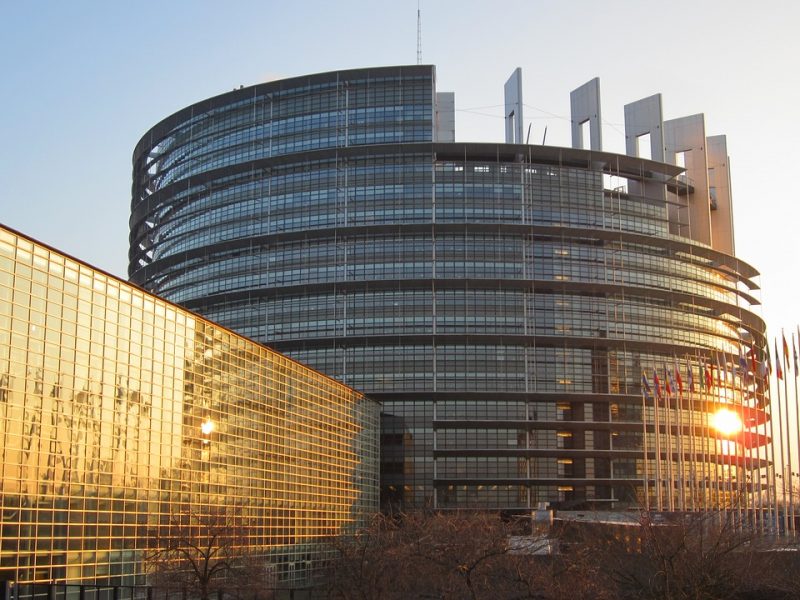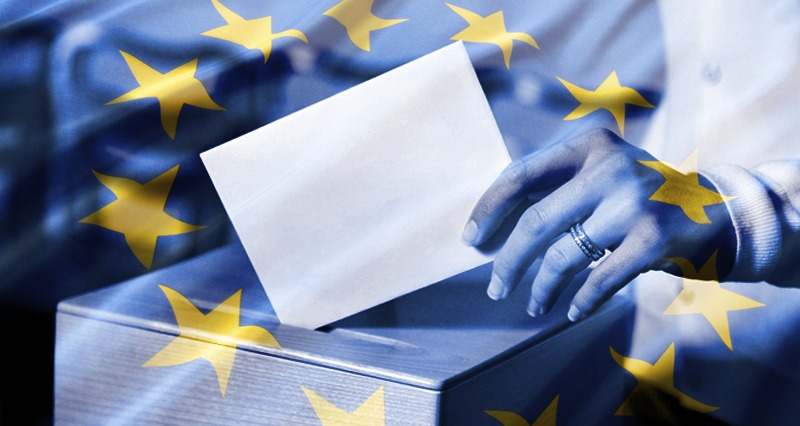The role of the European Parliament
The European Parliament, jointly with the EU Council, performs the functions of legislative power, participates in the adoption of the EU budget, exercises political control over the activities of other EU institutions, ratifies agreements on the admission of new members to the union, and has a deliberative right regarding any other issues. In addition, the EP approves the President of the European Commission, whose candidature is represented by the European Council, as well as the entire EC.

Features
Elections will be held in 28 countries, and 426 million Europeans are eligible to take part.
Polls were opened early in the UK, the Netherlands (23th of May), Ireland, the Czech Republic (24th of May), Malta, Slovakia and Latvia (25th of May).
Calculation of parliamentary seats
A total of 751 deputies will be elected. When allocating seats in the European Parliament, the population in the participating countries is taken into account (the fewer the inhabitants, the fewer the deputies represented).
Electoral districts include five national participants – France, Great Britain, Italy, Ireland and Belgium, while the rest have a united block (one constituency).
Elections are held on a proportional basis, according to a voting slate, or for specific candidates.
How interest thresholds are calculated
To enter the European Parliament, it is necessary to overcome a certain percentage threshold (in the districts, where there are more than 35 deputy mandates). For example, five percent – the Visegrad Group countries, partly France, Latvia and Lithuania, Croatia, Romania. 3% threshold in Greece, in Cyprus – 1.8%.
In other countries, there is no clear threshold, so seats will be allocated in proportion to the percentage of votes.
Brexit
If the UK still leaves the EU (Brexit in any form is questionable, especially since Prime Minister Theresa May announced her resignation the day before), then 27 of the 73 seats of the British parliamentarians will be distributed among other countries in accordance with demographic conditions, and 46 will be left for the future, in case the European Union expands.
Spitzenkandidaten
At the same time, member countries approved a principle according to which candidates for the post of the European Commission are nominated by the head of the electoral lists. The next potential head of the EC could be Manfred Weber. A candidate for the presidency of the European Commission must collect 376 votes.
Groups
Group of the European People’s Party (Christian Democrats)
Group of the Progressive Alliance of Socialists and Democrats in the European Parliament
European Conservatives and Reformists Group
Group of the Alliance of Liberals and Democrats for Europe
Confederal Group of the European United Left-Nordic Green Left
Group of the Greens/European Free Alliance
Europe of Freedom and Direct Democracy Group
Europe of Nations and Freedom Group
The main intrigues
According to the forecasts, the European People’s Party and the Progressive Alliance of Socialists and Democrats will take first and second place. However, at the same time, they may lose almost a hundred places compared to previous elections. They expect the right wing, led by the Italian politician Matteo Salvini, will achieve major gains.
In many European countries, two camps are now facing out – Progressives and “Populists” (as political analysts call them) who oppose the current economic and political elite.
The rise of the populists is very possible – but the possibility of the alignment of forces in the European Parliament is also critical. We already see a lot of internal clashes and divisions (one of example is battle of Viktor Orban and many of members of EPP).
As the EU itself has become more and more fragile, the new Parliament could have not only symbolic but also practical meaning – they could, for instance, alter the situation in regard to migration and general political values. It is no longer just a clash of ambitions between individuals or parties, but a debate about the future of the EU.

















Leave a Reply